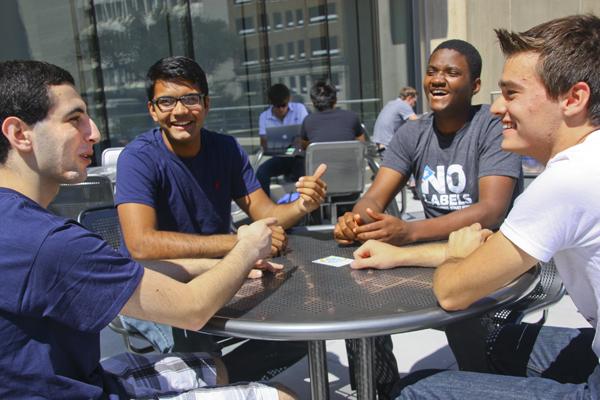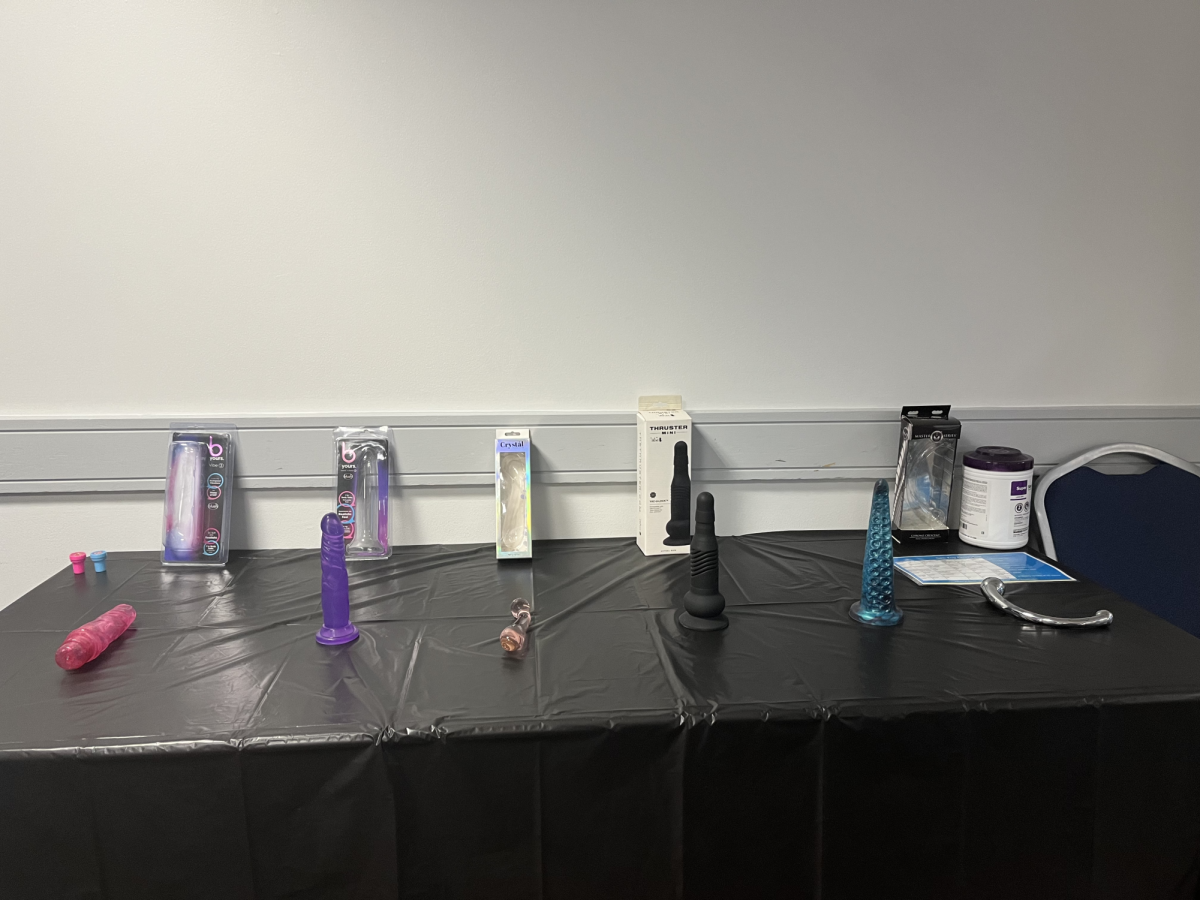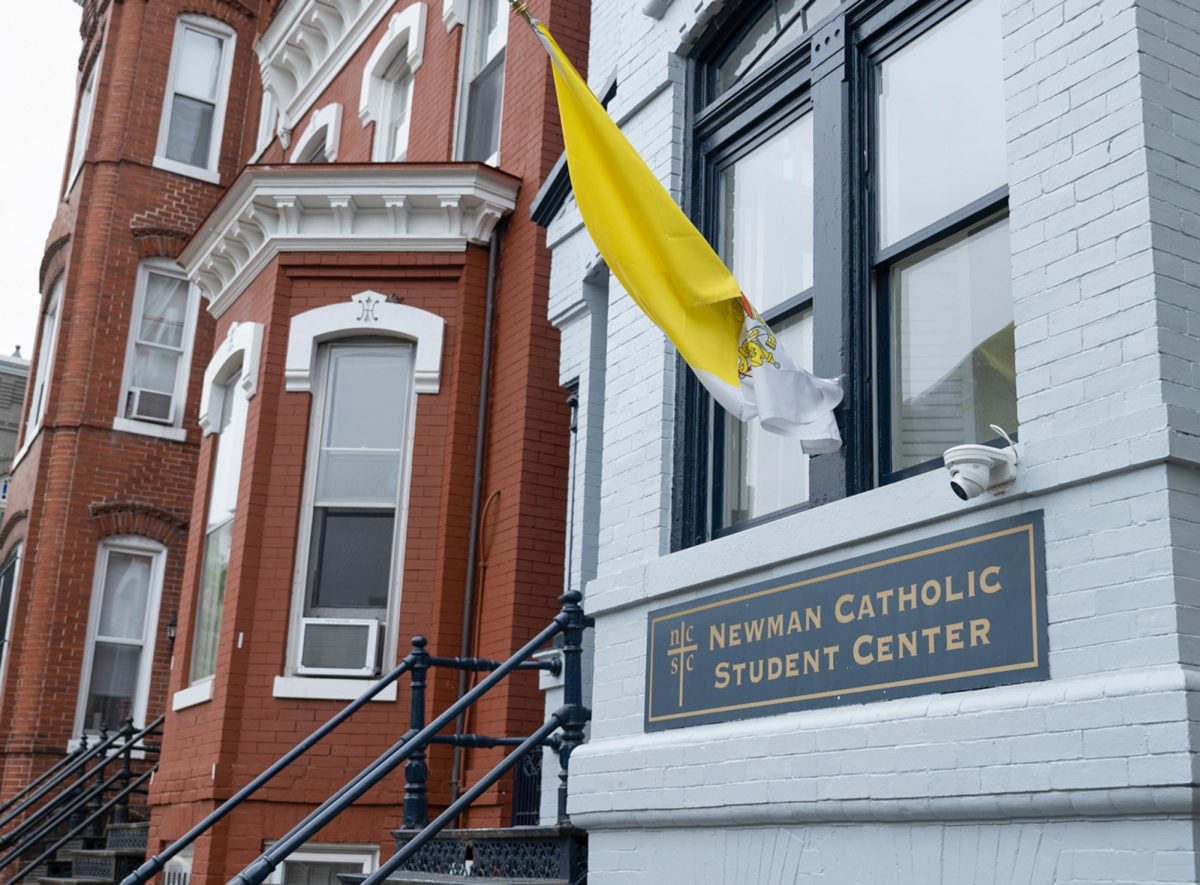If you walk about three miles southeast of campus, you’ll reach the Capitol – where centrists and moderates in office are an endangered species.
But with Congress’ approval rating tanking to a dismal 11 percent after this month’s government shutdown, a group of more than a dozen students are trying to peel back the political labels to find common ground on the biggest issues of their generation.
They’re part of No Labels, a national organization that tries to solve key issues of political dysfunction, like the debt ceiling and budget reform, which launched its GW chapter last fall.
Now, they’re trying to amass enough student interest to rival the College Democrats and College Republicans. They hope to create a political union that No Labels chapter president Ravi Durga said is absent from current political dialogue.
“Those are more head-butting events, not hand-shaking events,” Durga said.
Political moderation is widespread among college freshmen, according to a 2012 study released by the Cooperative Institutional Research Program at UCLA. They found 47.5 percent of freshmen identified as “middle of the road,” up four percentage points from 2008.
Sophomore No Labels member Zach Komes said he was sick of his political classes turning into heated arguments, pitting parties against each other to win fights instead of focusing on facts.
“It’s easy to get into your political corner and feed yourself with like-minded people around you who have the same way of thinking that you do,” said Komes, who leans left. “No Labels gives you the set of facts and confidence to think what you said is right.”
The push to disregard party labels fits in with a national campaign created by former Utah governor and Republican presidential candidate Jon Huntsman and Democratic senator Joe Manchin from West Virginia – both known for crossing the policy-making aisle.
Nationally, the organization focuses on action plans about specific issues, like the “No Budget, No Pay” bill, which freezes paychecks for Congress members if they cannot pass a budget. In addition to hosting large bipartisan conferences, the group has rallied an 83-member congressional coalition called “Problem Solvers.”
That effort took off, fueling the buzz about bipartisanship across Capitol Hill. In fall 2012, junior Matthew Scott helped found a GW branch, which also helped draw students to the organization’s internship program.
The group has faced turnover since its early stages, and is trying to organize more programming despite executive board vacancies.
Durga, a senior, said the group is still looking to increase its membership this year. But his first priority is encouraging problem-solving dialogues, which he said he will promote by hosting more events between both the College Republicans and College Democrats.
“It’s like [they’re] bringing two high school rival football teams together. ‘Yeah we interact with each other, but we’re also trying to beat each other,’” Durga said. “It’s more of trying to find those places where they can come together while still respecting their own ideas.”
Most of these compromises center around issues that cross partisan lines, like aiding veterans and volunteering. Besides creating events for these things, the two sides usually get together for debates during the year, like a health care debate that took place in early October.
College Republicans President Alexander Miller said the divide he sees on campus “comes out vocally” in these debates, but that the on-campus partisanship isn’t as strong as what he sees on the Hill.
“I think what it comes down to is that we are younger and see this division going on, and we try to get over it,” Miller said. “Even just the fact of [the College Democrats and College Republicans] sharing the office, we disagree on a lot of things, but we get along when we’re in here.”
College Democrats President Omeed Firouzi said that although College Democrats and College Republicans should retain their values, opposing ideas should not be rejected outright.
“You have to stand up for your principles, you have to fight for what you believe in, you have to fight for what’s right,” he said. “But, if there’s room for compromise, if you have to compromise, if there’s room for negotiation, working with the other side when they have good ideas, it’s always important to do that.”








